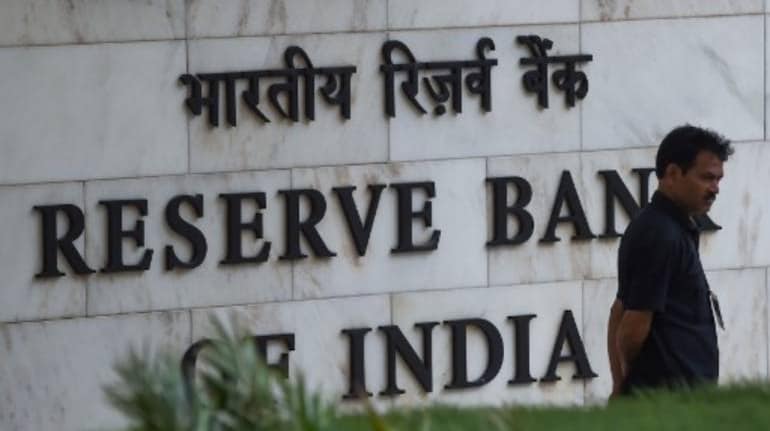



The minutes of the monetary policy committee (MPC) meeting held on September 28-30 show strong arguments from member Jayanth Varma in terms of a pause after nearly two percentage rate hikes in four months. Varma argued that too much rate tightening will hamper the nascent recovery seen in economic growth.
"In my view, it is dangerous to push the policy rate well above the neutral rate in an environment where the growth outlook is very fragile. While the level of economic output has recovered to pre-pandemic levels, it remains well below the pre-pandemic trend line," said Varma who voted in favour of a 50 bps policy rate hike but voted against the majority resolution of further withdrawal of accommodation.
The MPC decided on a 50 bps rate hike in the meeting taking the total rate hikes in repo rate, the rate at which the central bank lends short-term funds to banks, by a cumulative 190 bps in this cycle. With this, the repo rate now stands at 5.9 percent.
Varma said it is too early to know whether the policy action taken so far is sufficient or not.
“It may well turn out that even more monetary tightening is required, but it does make sense to wait and watch to see whether a repo rate of around 6 percent is sufficient to glide inflation back to target,” said Varma.
To make his point clear, Varma said if the MPC keeps hiking rates without a reality check, “we would run the risk of overshooting the repo rate needed to achieve price stability."
Varma's comments assume significance in the context of an ongoing debate on whether raising rates too quickly will hurt growth.
Varma said even though inflation remains well above six percent, it may fall to below six percent levels by the first quarter of the next fiscal year citing the RBI’s forecasts and the survey of professional forecasters.
"Relative to this forecast, a policy rate of around 6 percent would not only be a positive real rate but also likely above the neutral rate," Varma said.
Inflation has been a dominating factor in the MPC’s deliberations over the last few meetings. Headline retail inflation measured by the Consumer Price Index (CPI) rose to 7.41 percent in September from 7.00 percent in August. The RBI expects inflation to average at 6.7 percent in FY23.
Inflation has now completed three full years above the central bank’s medium-term target of 4 percent. More importantly, inflation has been outside the mandated 2-6 percent tolerance range for three consecutive quarters, which is the definition of failure under the flexible inflation targeting framework.
As per the law, the RBI must now submit a report to the central government explaining why it failed to contain inflation, the remedial actions it proposes to take, and the time period within which inflation will return to target.
Discover the latest Business News, Sensex, and Nifty updates. Obtain Personal Finance insights, tax queries, and expert opinions on Moneycontrol or download the Moneycontrol App to stay updated!
Find the best of Al News in one place, specially curated for you every weekend.
Stay on top of the latest tech trends and biggest startup news.